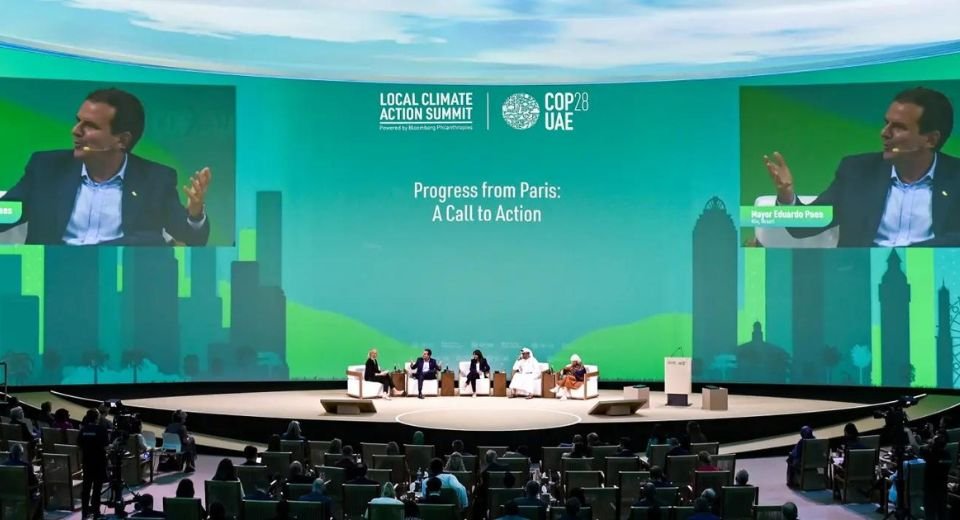HQ Team
November 2, 2023: A clutch of 41 multilateral development banks, funders, countries and philanthropies announced a global funding plan to cut greenhouse gas emissions and to protect people from climate risks to health.
The ‘Guiding Principles for Financing Climate and Health Solutions,’ unveiled at the World Climate Action Summit during the 28th session of the Conference of Parties to the UNFCCC (COP28) in Dubai, also plans to build resilient and environmentally sustainable health systems.
“Funding for mitigation and adaptation at the climate-health intersection falls well short of need,” according to the World Health Organisation, one of the backers of the plan.
While over 90% of countries include health priorities in their Nationally Determined Contributions — the self-defined national climate pledges under the Paris Agreement — only 0.5% of multilateral climate funding is allocated to projects that explicitly address human health.
The global health funders have not integrated action to address climate change into their investments.
‘Accessible financing’
The guidelines build coherence and foster collaboration across funders to accelerate the allocation of finance for the countries and communities that need it most, according to a WHO statement.
It acknowledges critical elements of “accessible and effective financing” and the need to mobilise additional funds for climate and health solutions.
The guidelines aim to accelerate “transformative climate and health solutions to save and improve lives now and in the future” and create equitable, inclusive, accessible, and holistic approaches to climate and health financing and solutions.
It will build on the core policymaking and implementation capacities of countries, communities, and financing institutions to deliver climate and health solutions.
“Climate change is increasing health risks in every region of the world, including millions more people at risk of heat-related illness, food insecurity, infectious diseases, and poverty,” said Adnan Amin, CEO of COP28.
“A significant mobilisation of financing is needed to combat these impacts, which to date have been underrecognized and under-funded,” he said.
‘New funders to the table’
“The COP28 Guiding Principles for Financing Climate and Health Solutions is the critical first step to address this, bringing new funders to the table in recognition of the urgent need.”
The funding pathway builds on existing development finance principles and mechanisms, including the Addis Ababa Action Agenda, the Paris Climate Agreement, and The Bridgetown Initiative, to support a global policy agenda that will advance the aims of countries most affected by climate change, according to the statement.
“Climate change is one the biggest threats to human health – and communities need support to survive it,” said Dr Tedros Adhanom Ghebreyesus, Director-General of the World Health Organization.
“Rethinking development will help countries access much-needed resources to save lives in a warming world for generations to come,” he said.
Intersection of climate, health
The Guiding Principles were developed by the COP28 Presidency in association with the Global Fund to Fight AIDS, Tuberculosis, and Malaria, the Green Climate Fund, the Rockefeller Foundation, the World Health Organization and the ATACH Working Group on Financing.
It was developed in consultation with more than 50 financing partners and civil society organisations.
“Adaptation is an imperative for today, not tomorrow, as climate change is challenging our ability to deliver sustainable impact. The Global Fund is joining other global funders in prioritising country-driven efforts to address environmental health threats,” said Peter Sands, Executive Director of The Global Fund to Fight AIDS, Tuberculosis and Malaria.
Bathylle Missika, Head of Division, Gender, Philanthropy & Partnerships, OECD Development Centre, Network of Foundations said: “Climate change is a public health emergency that can no longer be ignored. Health has become the human face of climate change. The Guiding Principles are a pivotal and timely stride to improve financing at the intersection of climate and health, in line with netFWD’s priorities.”
